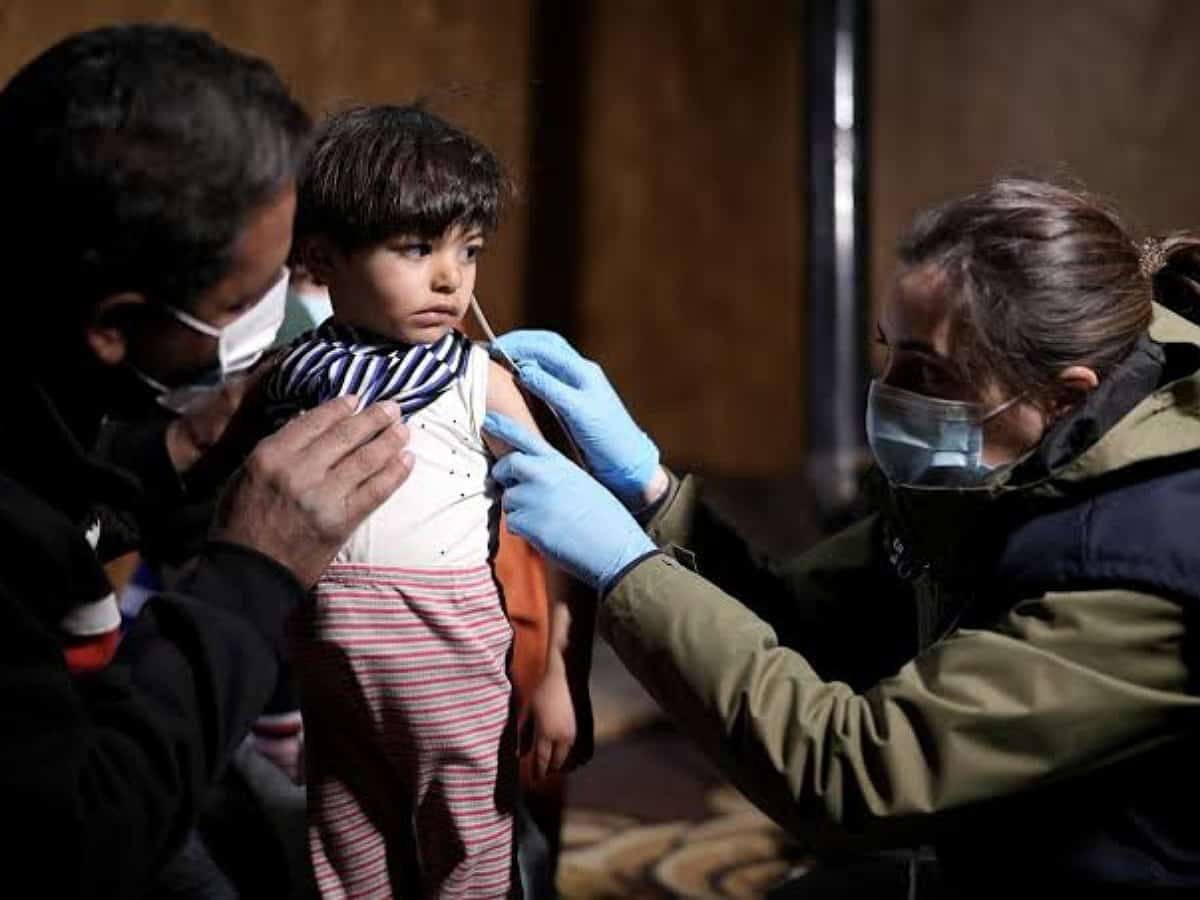
Beirut: Three years of the devastating crisis in Lebanon have plunged children into a cycle of poverty, negatively affecting their health, increasing levels of frustration, and having lost confidence in parents for their inability to meet their basic needs, which in turn increases tensions within families.
United Nations International Children’s Emergency Fund (UNICEF) said in a report on its official website, under the title “Deprived Childhood”.
The report showed that children are fully aware of the impact of the crisis on their lives, aspirations, and the course of the country. Their dreams of a better future in Lebanon faded, and they began to believe that immigration was the only hope.
The combination of various types and forms of deprivation, the constant exposure to the effects of the severe economic crisis and the loss of hope, have had a strong impact on the mental health of children, who are unable, in most cases, to obtain the care they need.
The report indicates that the high prices and the spread of unemployment have contributed to the plunge of many families into multi-dimensional poverty.
UNICEF Representative in Lebanon Edward Beigbeder said: “The multi-dimensional crisis affects the lives of children in all its aspects, as they grow up without adequate food and proper health care and in many cases are forced to work to support their families. Serious and decisive reforms are necessary to protect the future of children.”
“The government must implement urgent social protection measures, ensure that every child has access to quality education, strengthen primary health care and provide child protection services,” he added.
The organization’s figures are documented by an assessment conducted in June 2022, 84 percent of Lebanese families do not have enough money to cover the necessities of life, and 38 percent of families have reduced education expenses compared to 26 per cent in April 2021.
The report adds that 23 percent of children went to bed, during the three months preceding the assessment, hungry, while 60 percent of families reduced spending on health treatment compared to 42 percent in April 2021.
70 percent of families currently pay the cost of purchasing food by accumulating unpaid bills or by direct borrowing.



